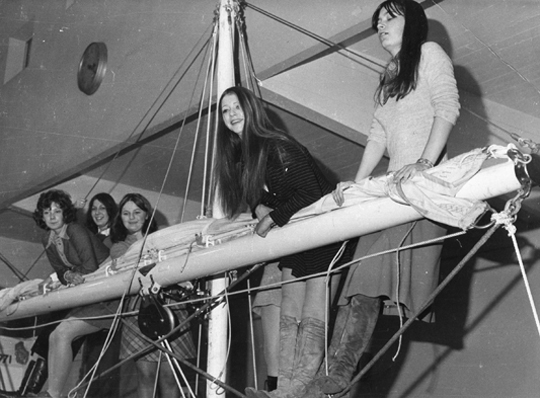The panel was called “How to break away from the “he said yesterday” journalism?”, but the discussion moved on to what values should be at the heart of a news organisation’s journalism, structure and business.
Some valuable advice came from Francisco Amarai, director of design studio and media consultancy Cases i Associats and formerly artistic director of and executive editor of Correio Braziliense
Successful newspapers see the news through the eyes of their readers, he said. And through print and online design and editorial choices, newspapers can rethink the relationship that they have with their readers.
According to Amarai, newspapers that are successful:
- have well-defined values;
- know their readers;
- are newsy;
- have talented staff in their newsrooms, who can offer their own points of view as well as news;
- and have time.
In discussing time, he referred to the restructuring of O Estado de Sao Paulo in March this year. The paper decided to lengthen its editing time, starting checks, editing and layouts earlier in the day. Since the change in working patterns, circulation has increased by eight per cent in six months and page views have grown by 110 per cent over the past 12 months.
For fellow panellist, Abdel-Moneim Said, chair of the Al Ahram Group in Egypt, said newspapers need to see themselves as part of a media house not just a publishing house.
“We’re not journalists, we’re part of a larger family called media, which means to inform people in a variety of ways,” he said, adding that “different moods [of people] will call for different ways of getting information” and different means of deriving revenue.
Click here for more information on how to follow the World Editors Forum with Journalism.co.uk.
